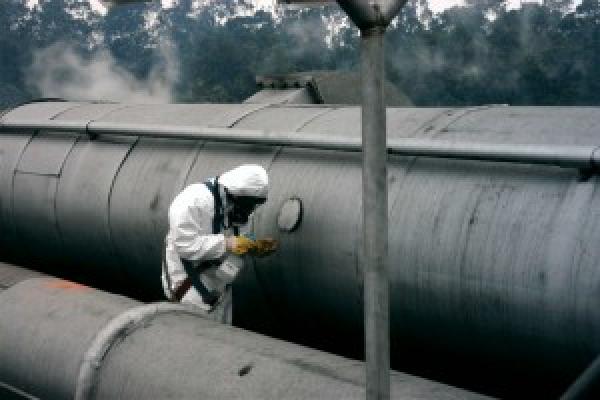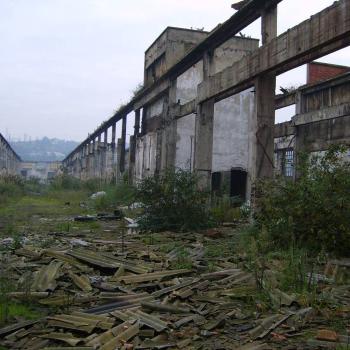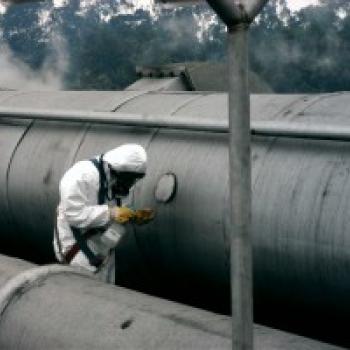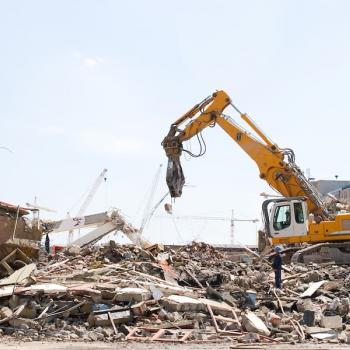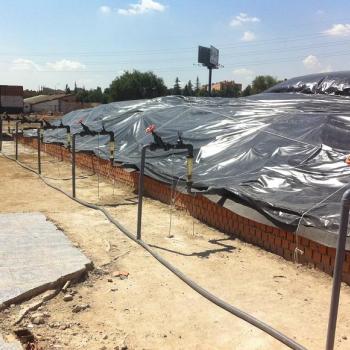Survey and diagnostics of asbestos (UNE 171370-2)
Identification of materials containing asbestos
IGR surveying team was created in 2003 by its own inspectors accredited by the British Occupational Hygiene Society, and currently accredited in accordance with UNE 171370-2.
Asbestos survey is the way to determine the presence of asbestos containing materials in a property, and the way to probe that there are not asbestos containing materials in it when it is so.
Asbestos surveys are required, for example, in the following situations:
- Prior to a demolition work
- To take part of the health and safety risk assessment of the workplaces
- For the census of asbestos containing facilities (Ley 7/2022)
- Buying and selling of real estate
Asbestos survey and diagnostics report require a proper observation of the site by accredited and experienced inspectors, and usually the analysis of materials in certificated laboratories.
IGR provides asbestos surveys and report of diagnostics according to HSG 264 and UNE 171371-2:2021.
Asbestos surveys are subject to Spanish RD 396/06. IGR carries out asbestos survey under an approved a work plan.
IGR inspectors must collect relevant information about the site, and after that inspect it and sample materials which are presumed to contain asbestos.
If surveyed premises will continue with its normal occupancy, it is necessary to assess the risk of exposure from located asbestos containing materials and prepare a written plan of the actions and measures necessary to manage the risk.
The survey report, according to the UNE 171370-2 standard, must contain the following information:
- The location of all asbestos materials present
- The risk assessment of each of the asbestos containing materials
- The plan of the actions and measures necessary to manage the risk
Contact us
Get in touch and our team of professionals will advise you to find the best solution for your company.
